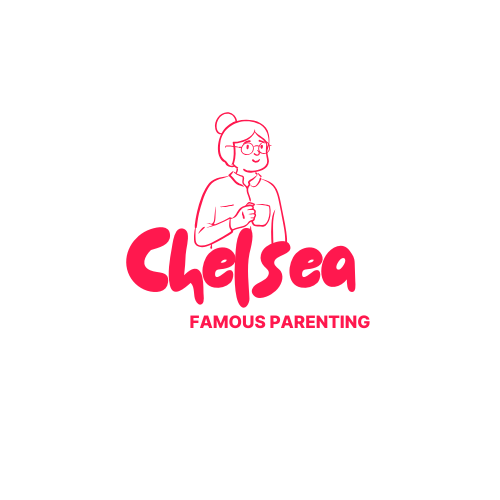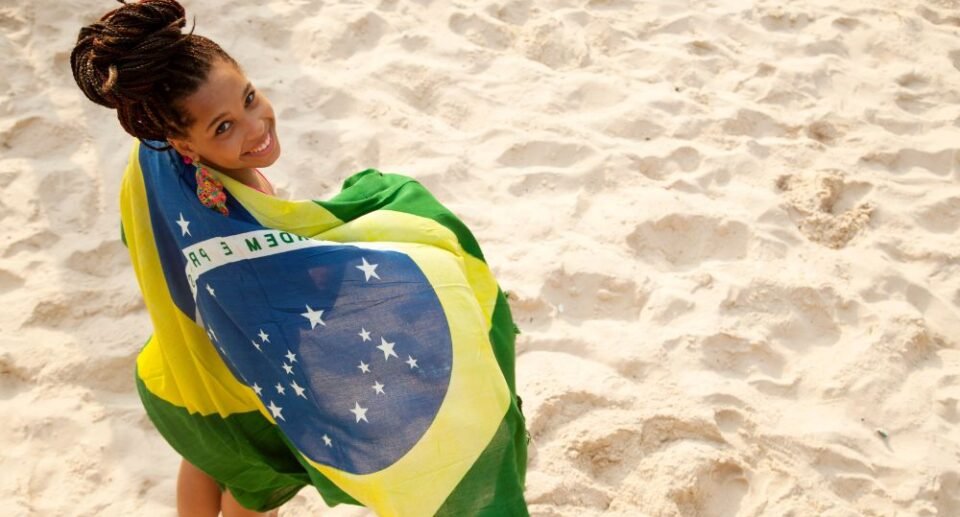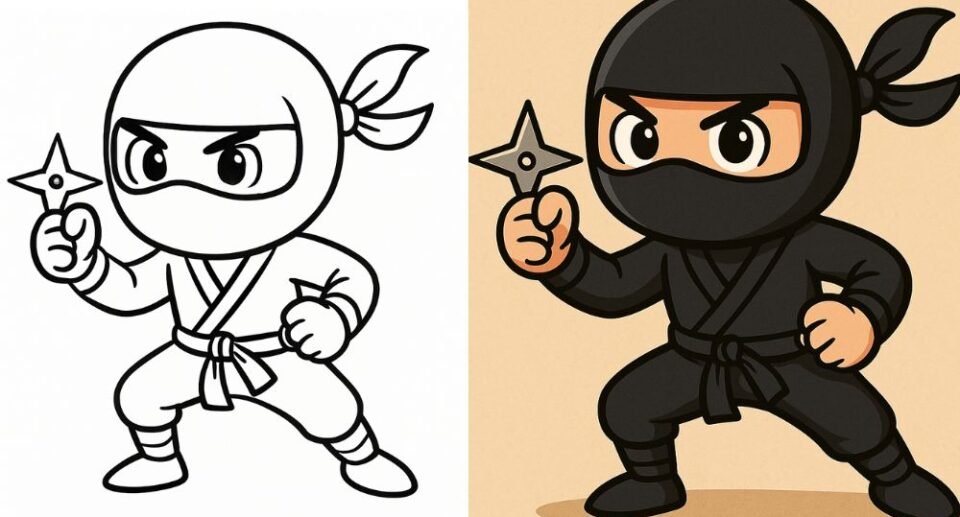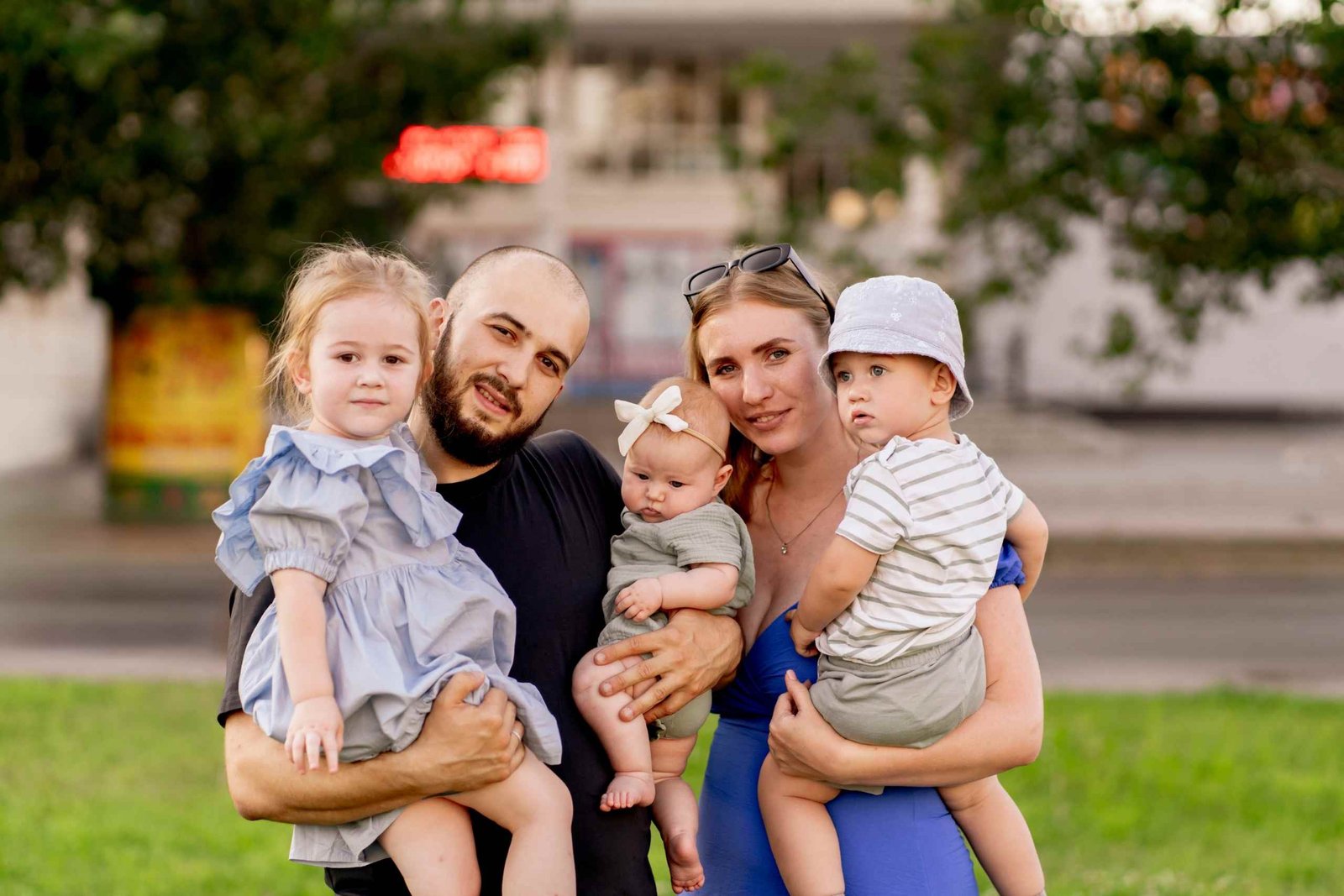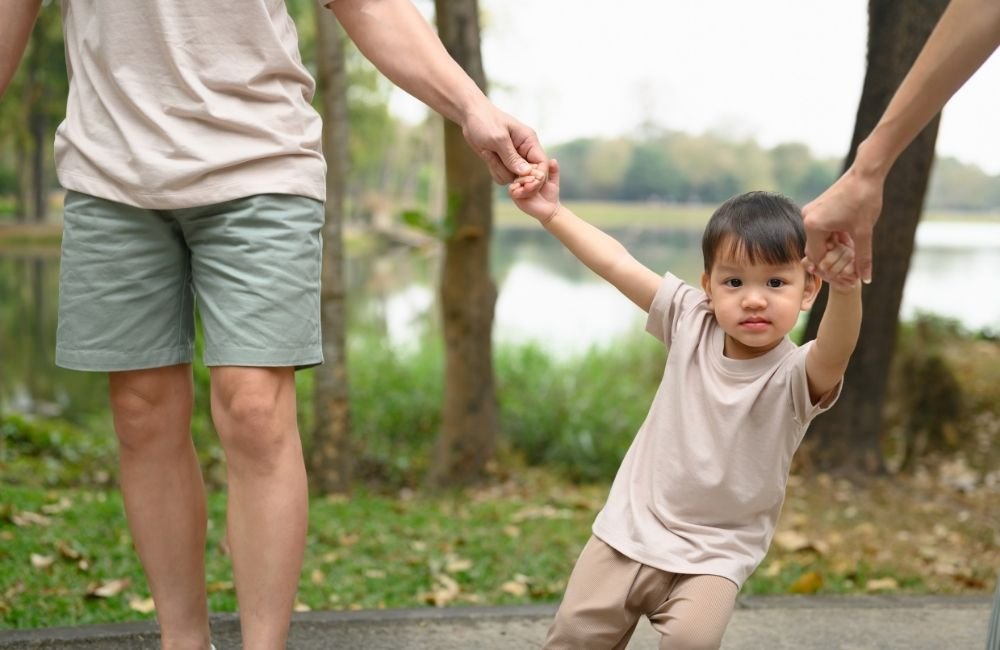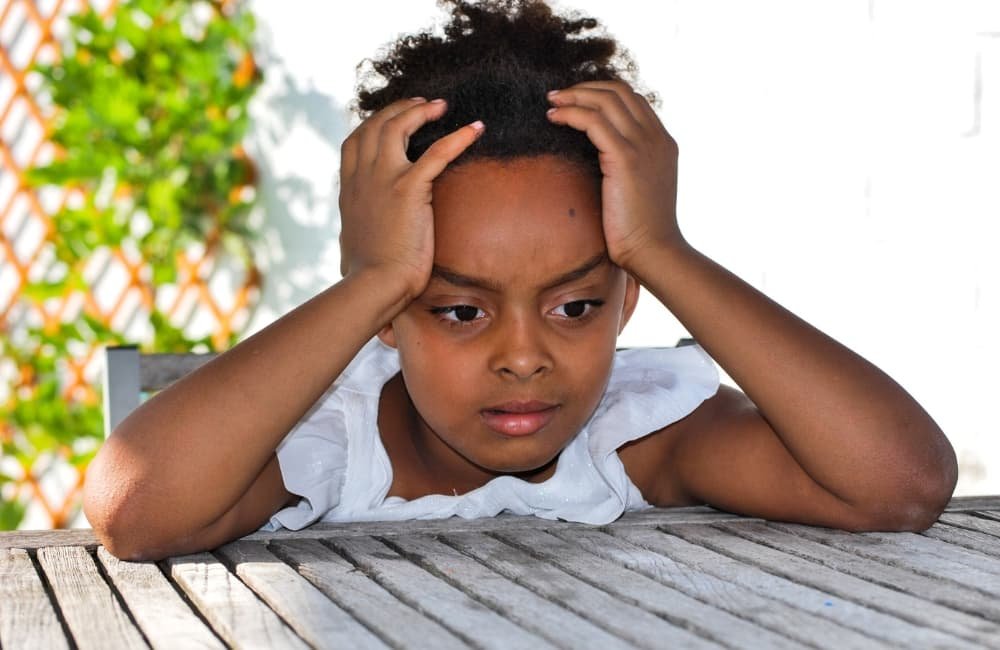How to Stop Your Toddler from Hitting Without Losing Your Cool

One moment your toddler is playing so nicely, the next — whack! – They’ve hit their brother or sister, or someone they were playing with. As you have tried to intervene, your heart falls, and left you wondering where this came from and what in the world will make it go away.
This is a moment when you can teach your child in healthier ways to deal with big emotions. So, what are the methods to help and end the hitting without losing patience? Here we will be highlighting the important facts. Let’s get started.
Why Toddlers Hit: Understanding the Behavior
Toddlers hit not because they’re naughty, but because they’re still learning how to navigate big emotions with limited tools. At this stage, their feelings often come faster than their ability to express them. When they can’t find the words for “I’m mad” or “That’s mine,” their hands sometimes speak first.
This behavior is also part of their natural development. Toddlers are little scientists, testing how the world works. A swing of the arm might be an experiment: What happens when I hit? Will Mom look at me? Will I get what I want? While this curiosity is normal, it’s our role to gently steer them toward better ways to communicate.
The key is remembering that hitting is a phase, not a personality trait. With patience and the right guidance, they’ll learn more appropriate ways to express themselves.
Proven Strategies to Stop Toddler Hitting
When your toddler hits, these effective approaches can help redirect their behavior while teaching important emotional skills:
Respond with Calm Consistency
In the moment: Kneel to their eye level and say firmly but gently, “We don’t hit. Hitting hurts.”
Why it works: A neutral tone prevents reinforcing the behavior with dramatic reactions
Pro tip: Use the same response every time – consistency helps toddlers learn faster
Teach Replacement Behaviors
Instead of just saying “no,” show them what to do:
- Guide their hands in gentle strokes: “This is how we pet the dog softly”
- Offer alternatives: “When you’re excited, we can clap or stomp our feet!”
- Role-play with toys: “Let’s show Teddy how to ask for a turn nicely”
Build Their Emotional Vocabulary
Help them connect feelings to words:
- Name the feeling: “You’re frustrated because you want the ball”
- Suggest words to use: You can say, ‘I’m mad!
- Validate emotions: “It’s all right to feel angry, but we don’t hit”
Reinforce Positive Interactions
- Catch them being gentle: “I love how you used your words to ask for that toy!”
- Praise efforts: “You remembered to use soft hands – great job!”
- Use sticker charts for older toddlers to track gentle days
Create a Calm-Down Toolkit
Teach simple coping skills:
- “When we’re mad, we can take deep breaths” (demonstrate)
- Offer a soft pillow to hit instead of people
- Designate a cozy corner with books for cooling off
Why These Work
These strategies address the root causes – giving toddlers better ways to communicate their needs and emotions. With patience and repetition, they’ll learn that words and gentle actions get better results than hitting.
What to Avoid When Your Toddler Hits
It’s completely natural to feel frustrated when your toddler hits, but how you respond makes all the difference. Here are key things to steer clear of:
Don’t Hit Back
As tempting as it may be to give them a light smack on the hand or ask “See how that feels?” -This backfires and when you hit a child who has already hit others teach them the lesson that violence is acceptable when it comes from someone bigger, angrier, or of higher status. Instead just show the gentle interaction you want to happen.
Skip the Shame
Avoid saying things like:
- “You’re being so mean!”
- “Why can’t you be nice like your sister?”
These comments make children feel Bad Assumptions about themselves rather than learning from their actions.
Keep Corrections Brief
Toddlers tune out long lectures. Instead of a 5-minute explanation about why hitting is wrong, try simple phrases like:
- “Hands are for hugging, not hitting”
- “That hurt him. Let’s use gentle hands”
Don’t Take It Personally
When your child slaps, hits or otherwise harms you, it’s not a rejection of you, or an indication that you are failing as a parent. Toddlers hit their primary caregivers in large part because they feel safe with you to show big emotions.
Avoid Overreacting
While you should always intervene, dramatic gasps or excessive attention can accidentally reinforce the behavior. Some kids hit just to get a reaction.
Don’t Expect Instant Perfection
Changing behavior takes time. If your child hits today after being gentle yesterday, that’s normal. Progress report isn’t always linear with toddlers.
The Takeaway
Keep in mind that hitting is a normal aspect of toddler development, and not a reflection of your parenting. With calm responses and by teaching alternate behaviors, you will teach your child better ways to express themselves. Remember all the tiny successes – every time they use words instead of fists, it is a victory. Be patient, be consistent and know this phase of struggle will not last forever.

Aashley Kai is the Editorial Director of Chelsea Famous Parenting and a licensed expert in early childhood education. She holds a Master’s in Child Psychology from the University of Texas Southwestern Medical Center and has worked as a preschool teacher and child therapist. Since joining in 2024, Aashley has been dedicated to creating well-researched, trustworthy parenting resources. Her work helps parents and caregivers foster nurturing, educational environments for children. Outside of work, she enjoys hiking and photography, capturing nature from a child’s perspective.
